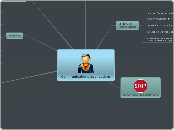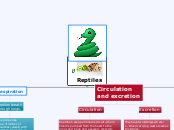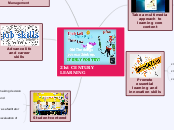作者:WON YOUNG EUN 13 年以前
185
Communications applications
Various forms of communication applications, including presentations, multimedia, and websites, each have their unique characteristics and requirements. Multimedia presentations, enhanced with sound, animations, and video effects, can captivate audiences more effectively, although they often necessitate special, costly equipment.
開啟
Communications applications Flyers and posters The photos are edited and text typed in or imported from a file and then put the required style. The photos are imported or copied and pasted into the document The photos are saved to a file The images are uploaded from the camera, loaded from a cd/dvd. scanned from hard-copy photos or downloaded from the internet. If necessary, photos are taken, using a camera. The user creates frames, boxes and text boxes A word processor or DTP application is opened Websites Need to maintain the website Lack of portability Need for a computer Websites can be hacked into viruses Hit counters to see who has visited the website Buttons to navigate The use of hot spots Links to other wevsites/hyperlinks The ability to add sound/video/animation Cartoon animations Music production There are printing costs (paper, ink, etc) There are ne special effects (sound, video, animation) The presentation needs to be distributed in some way The recipients have a permanent copy, which they can refer to at any time they want. The recipient can read the presentation at any time they want It is possible to print it our in Braille for the benefit of blind people. Disabled people do not have to go to the venue to see the presentation. paper based presentations Multimedia Presentations access within the presentation, if the user wishes to access files from websites or up-to-date information the need to have special equipment, which can be expensive the fact that it is more likely to hold the audience's attention interactive/hyperlinks built into the presentation the use of sound and animation/video effects









